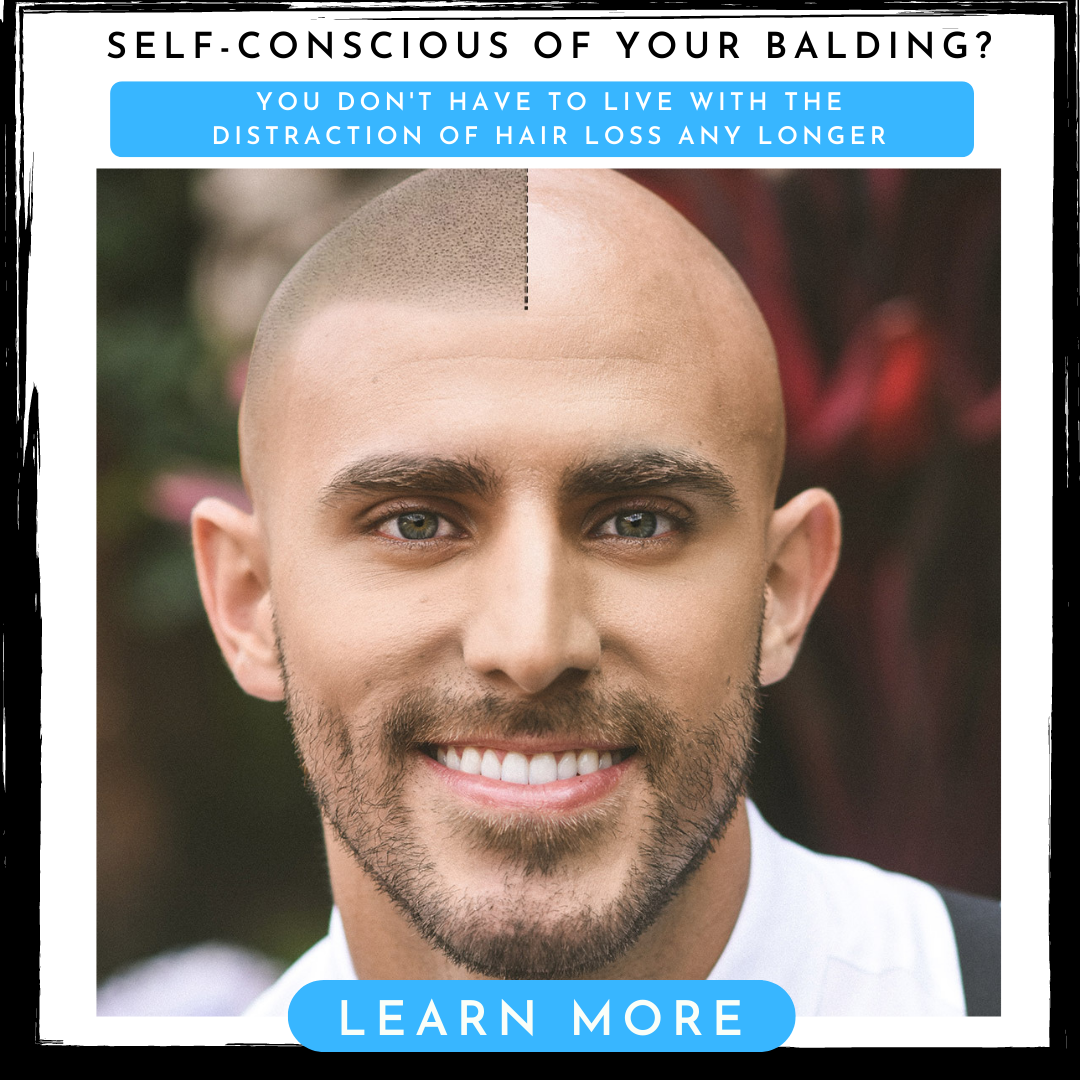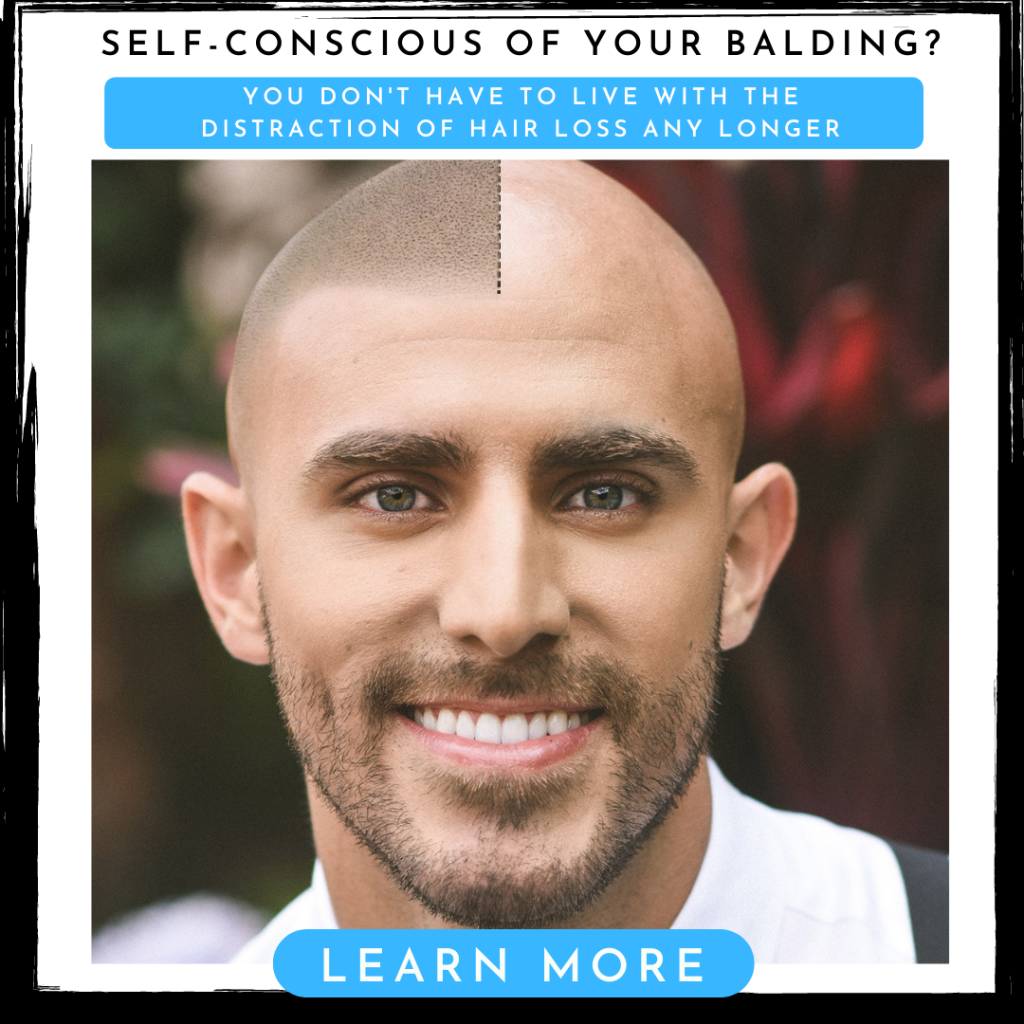Ever since I was a little child, my life was controlled by insecurities.
I always used to fear I would fail the upcoming exam at school, whereas I usually ended up acing it. When I got my English Proficiency with an A I doubted it for years and convinced myself there must have been a mistake, to the point where I postponed going to receive my degree for almost six years in fear of revealing that I had somehow tricked the correcting committee! My adolescence was haunted by thoughts about being horrifically ugly and deformed, unworthy of the opposite sex’s attention. Even when I got into loving, respectful, long term relationships, I kept wondering what my partners saw in me. My insecurities were so intense that they eventually led to the end of a loving, happy relationship.
Being insecure sucks big time. It can take away a lot of joy in life. It is one of the most difficult battle you’ll ever have to face… and the opponent? Yourself. You will always live in fear, you won’t take important risks, you won’t trust yourself enough to make important decisions, and you’ll let others determine your worth.
Overcoming insecurity can be a long, bumpy road, but it is one that can help you discover yourself, reclaim your inner peace, accept happiness, and make life worth living. As with all processes, it is not linear and doesn’t have a concrete and fixed destination. I am “not there yet”. However, recognizing my self-doubt, low self-esteem, and tendency to self-sabotage, has helped me make significant progress towards my goals and self-fulfillment.
Table of Contents
If you have noticed insecurities in one or more aspects of your life, the following experiences probably sound familiar to you:
- Your self-esteem is easily affected by what others think about you, or what you think of yourself in comparison to them: your perceived level of attractiveness, how much money you have, how appreciated you are at your workplace, whether you have success in romantic/sexual relationships, or even the belief (or lack there of) in the competency of your abilities.
- Letting others determine your worth is a habit bound to cause you pain and suffering. Not everyone will like you. Not everyone will appreciate what you do, and the way you do it. If you care so much about what other people think, instead of validating your own self by going within, you are signing up for a life of uncertainty and suffering.
- You may suffer from “impostor syndrome”: that is, experiencing feelings of unworthiness at your work or studies, doubting whether you deserve your position or the recognition you receive, thinking that you may have tricked your superiors into choosing or trusting you, and fearing that your incompetence may be revealed.
- Don’t misunderstand impostor syndrome for modesty or prudence. Impostor syndrome is fucking stupid because instead of having a healthy amount of respect for your own skills, it’s making you undermine them. Your skills exist but your mind is lying to you by telling you they don’t. This is why impostor syndrome is fucking stupid.
- You fear trying out new hobbies, learning new skills, entering a competition or applying for a job, or taking a risk, because you think you might have a high chance of failure. This results in you missing out on the joy and excitement of those activities.
- It’s hard for you to accept compliments or you find yourself downplaying your achievements. This means, you never celebrate your progress, which is a vital step for growing as a person and being happy with your life.
- You sabotage your own happiness because you always think of worst-case scenarios and that things are “too good to be true”. How are you ever going to be happy and fulfilled in your own life if you’re set on smothering every good thing that happens to you with negative thoughts?
- You constantly doubt the love and attraction your partner feels towards you and fear that you will be rejected or abandoned by them. These fears often lead to neediness, clinginess, and controlling behaviors, which might end up driving your partner away. Talk about a self-fulfilling prophecy!
- You don’t ask for help or you hide your true self in fear of appearing as annoying to your friends and family. No one can live without accepting help. It’s literally impossible to always have complete clarity and objectivity about the situations we’re facing. Rejecting advice and feedback can backfire by missing out on valuable support and help from other experienced people.
- You feel ugly, useless, not good enough, no matter how perfect you or your life may be, regardless of others’ reassurance or validation. This is similar to impostor syndrome. It’s your brain lying to you, making things appear darker than they are, and it causes never-ending suffering.
- Your insecurities are affecting your life. You can’t maintain relationships or find a job because you feel you lack the necessary confidence to stand up for yourself, your ideas and values.
- You blame yourself for everything bad happening in your life. The guilt often becomes unbearable – and irrational.
- You form codependent relationships, you always need other people’s love and acceptance in order to feel validated, you don’t trust yourself enough, you can’t make decisions without external help.
Shyness is not necessarily a sign of insecurity, although it is often misunderstood as one. Shyness can be a character trait that is connected to introversion and the extent to which someone feels comfortable and energized by interaction with others.
However, in some cases, shyness can also be connected to a lack of confidence in social situations. It may also be combined with elements of modesty, habit, and fear of criticism or rejection by others. Many people suffer from social anxiety, fueled by doubts about belonging, and exclusion, a low sense of self-worth and a false self-image. Shyness can be rooted in growing up with overprotective or overbearing parents with many expectations, or a perfectionist environment where “what the neighbors will say” used to matter a lot.
Shyness is not a problem per se. If, however, you wish to become more outgoing in social situations and you feel that certain insecurities are holding you back, there are several ways in which you can tackle them and we will look at them later on.
There are several reasons for the existence of insecurities. Most of them are related to our upbringing, childhood trauma, and the way our primary caregivers showed us love or rejected us.
Some of us had overprotective parents, didn’t get enough encouragement for our accomplishments, or were rejected by our friends at school. These negative past experiences of abandonment, rejection, exclusion or failure, shape the way we view ourselves in comparison to other people and in certain social situations. Some people receive a lot of love from their parents, but they experience it as conditional, which translated to “mommy will love you as long as you are a good student” or “my dad won’t accept me if I’m gay”.
Recent failure or rejection, like a breakup or a failed job interview, may also trigger insecurities. Our self-esteem is multidimensional. That means that we may feel confident in one aspect of our lives (i.e. professional) while feeling insecure in another (i.e. romantic).
In addition, society instills in us the pressing need to be validated by others, and in order to achieve that we are often expected to conform to certain social norms and standards. There is a lot of pressure to look a certain way, to be thin, fit, have a certain lifestyle, a good job and a lot of money. It is rarely possible for everyone to conform to all these standards all of the time, and the resulting (false) sense of failure is usually a source of insecurity.
Self-esteem may also be conditional. That is, you may feel confident enough to go about your day, but if something happens, you may start feeling insecure again. Self-esteem isn’t fixed. It can be fragile and inconsistent.
Most of us would probably agree that being insecure makes our life hard, and that’s fucking stupid! So now it’s time to learn how to stop being insecure.
First of all, it’s important to remember that insecurity is normal. It’s a state that most people may experience now and then. The objective is to not let insecurity take over your life and deprive you of the happiness of creating. Here are some things you can start doing to work on your insecurities:
- At the moment of doubt, when you catch yourself going to a dark place, hold in your mind that this is temporary. You can and you will get through this. This too shall pass!
- You should also remember what your mind is telling you is probably much worse than reality. The horrible image that’s creeping into your head about yourself or any situation is probably false. When you’re feeling too paranoid, you can ask for feedback from people whose opinions you trust.
- Take notes of what you feel insecure or paranoid about, which events trigger the negative thoughts, and how your mind automatically responds to those triggers. After recognizing negative thought patterns it’s much easier to break them and recondition your brain! Any failures or rejections you’ve experienced so far shouldn’t stop you from pursuing your dreams. Your past doesn’t have to dictate your future anymore!
- If you have noticed a pattern of paranoia, insecurity, and negative thinking, remind yourself that you and only you give things meaning. It’s your interpretation and your assumptions about things that become real and harden into fact through persistence. Let’s make a rule: the worst-case scenario is never true unless you decide that it is!
- Your self-love must be unconditional. Regardless of perceived flaws and limitations, regardless of external circumstances, love yourself for the wonderful person that you are!
- Write down things you like about yourself. Have your loved ones write down why they think you’re amazing and unique. Carry the list with you as a reminder of all the reasons you deserve to love and approve of yourself.
- Ask for professional help. Sometimes even if we know what we must do theoretically, in practice it can be hard to break old patterns. Insecurities that result from mental illness such as depression, anxiety, or PTSD, can be hard to overcome on your own.
Relapses are normal. Healing is not a linear process. Still, you don’t have to feel trapped in your own mind for the rest of your life. You can break the negative cycle and create the life of your dreams.
Get rid of those stupid insecurities, one day at a time, starting now!









